This article was brought to you by Julia from Dogsplanet
Getting a dog is always exciting: you can already imagine all the fun you are going to have— and they haven’t even arrived yet!
But before you return to those imagined scenes of fetch, let’s take a minute to decide which dog breed you should open your heart and home to.
There are several factors to consider before getting a dog to ensure that both your new pup and your family can get along well, and are the best possible companions for each other.
Here are the questions you need to ask yourself that will help you reach your conclusive decision:
Where Do You Live?
Contrary to popular belief, the size of your home does not directly correspond with the size of dog you should get. Some large dog breeds, like Great Danes and Saint Bernards, will be perfectly happy living in an apartment, as they mostly just want to lie on the sofa next to you and cuddle.
There are also small dog breeds that are nothing short of a dynamo, who will need a lot of space to run around, and who will do laps around your tiny flat. Practically all terriers are like that.
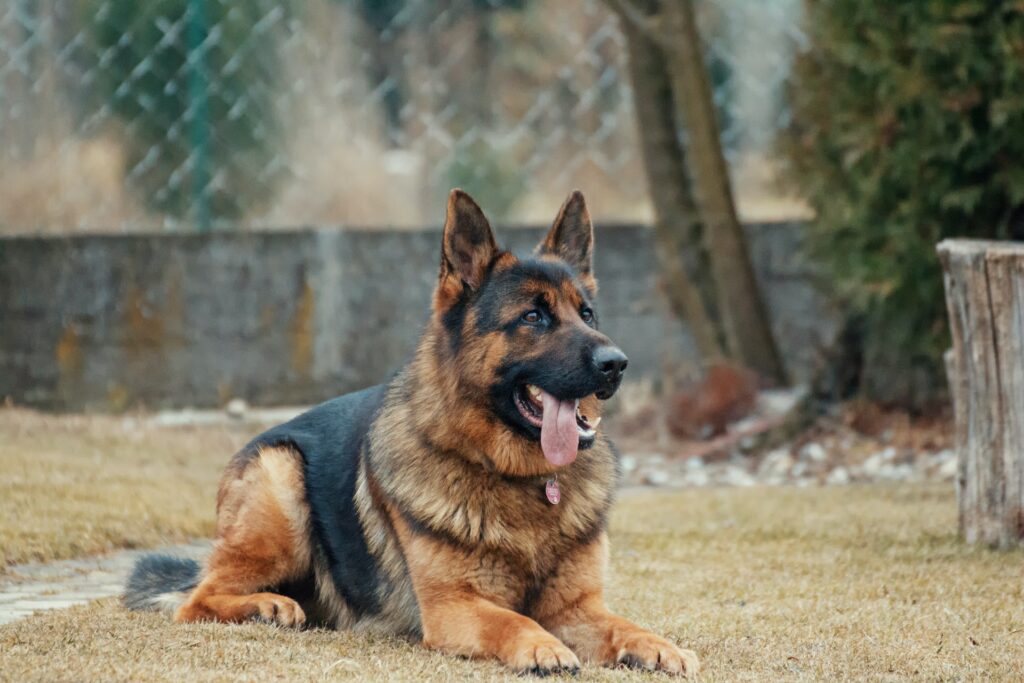
What you do want to consider is if you have a backyard. Breeds like the German Shepherd and the Boxer will absolutely need one, for example. If you live somewhere pretty isolated, you might also want to consider a guard dog breed that will also provide some added protection to your family.
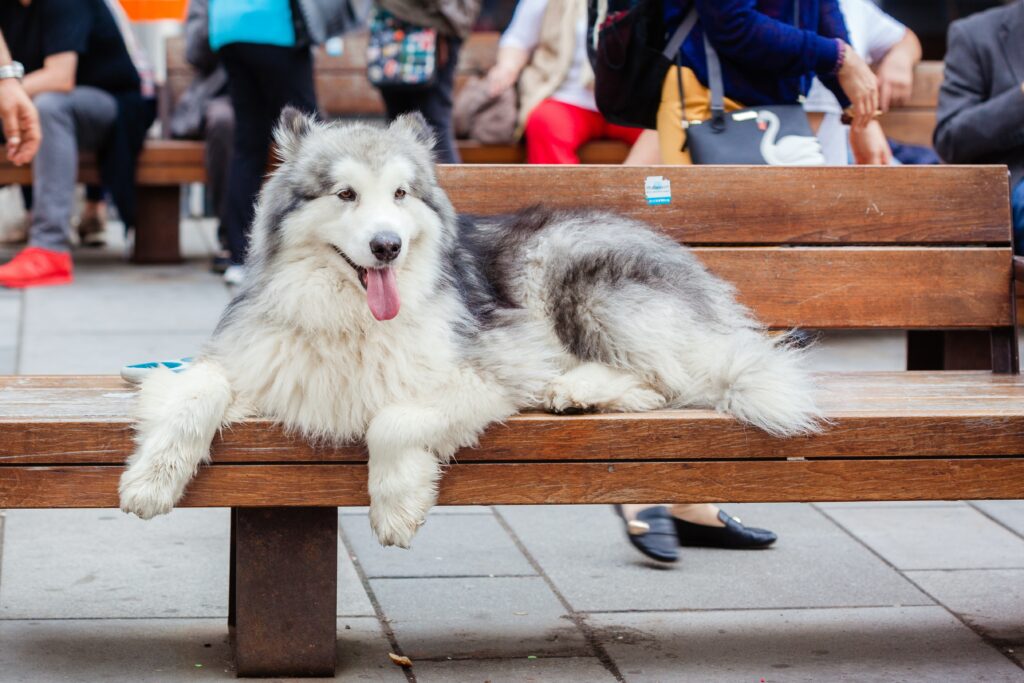
Factor in the climate as well. Thick-coated Malamutes and Huskies won’t exactly be thrilled to live in the tropics.
How vocal the dog breed tends to be is an important consideration as well. You don’t want the neighbors to go nuts, so maybe a Frenchie will be the right pup for your living arrangements.
How Active and Busy Are You?
The dog you choose should be your perfect match in terms of energy levels and lifestyle. If you like to hike, your dog should be able to keep up with you. If you prefer to spend your days at the beach, you want a breed that loves the water.
Be very honest with yourself when assessing your activity levels and the time you have to spend with your dog. Don’t just promise yourself you will go on longer walks and exercise more. If you have never been much of a fitness fanatic, having a dog probably won’t change you. In fact, having to get up early in the morning to walk them may just get on your nerves.
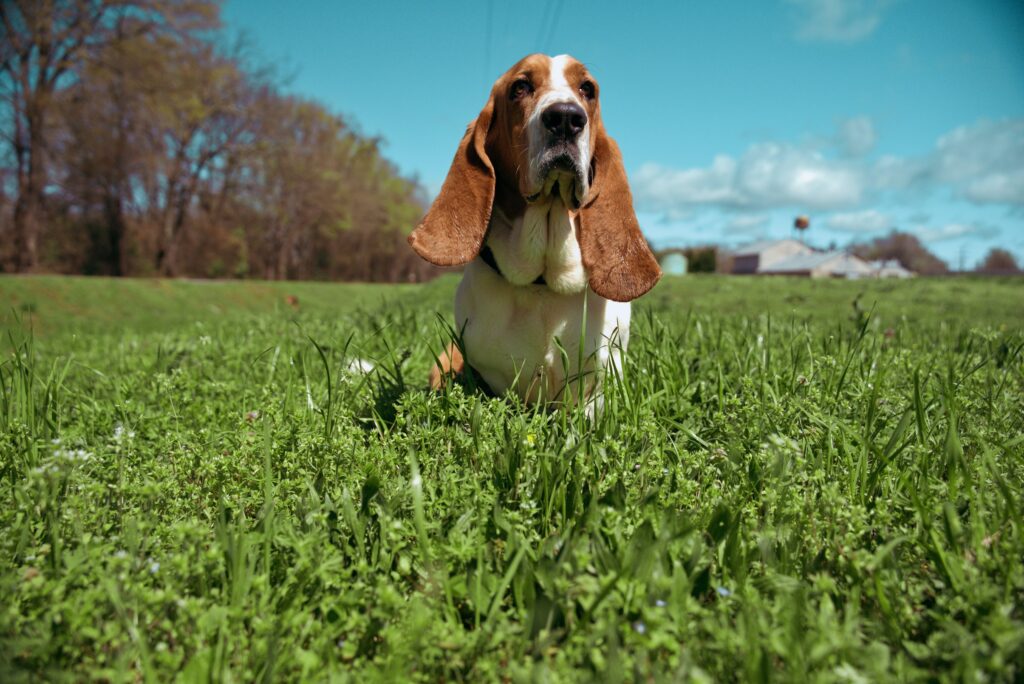
If you have more of a laidback and low-activity kind of family, consider getting an English Bulldog, a Basset Hound or a Boston Terrier. All of these breeds have their distinct personalities, but don’t require that much physical activity.

If you have an active type of family, you can share your home with a Labrador, an Australian Shepherd or a Border Collie.
Are There Young Children in Your Family?
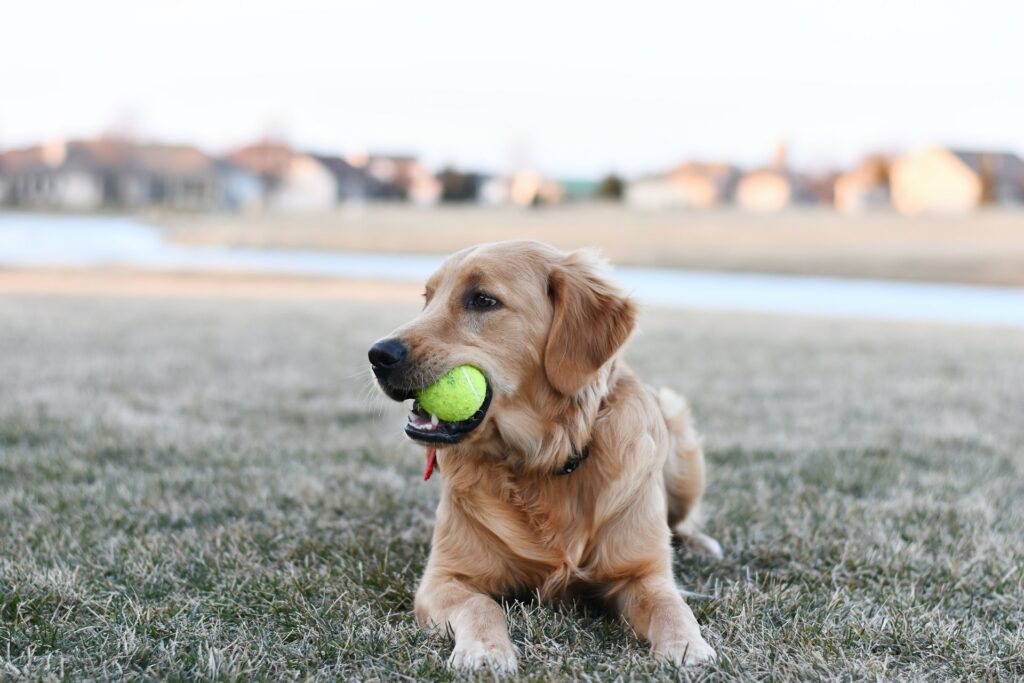
Certain dog breeds are great companions for young children, and they can certainly become the life and soul of the entire family unit. If you are looking for a pet that will be patient with your youngsters and let them play dress-up and have tea parties, look no further than Golden Retrievers.
However, make sure to also consider the amount of work the new pet will require, and how much the kids will be able to chip in. Owning a dog is certainly an amazing way to teach the kids responsibility and empathy, as long as you are realistic about the amount of help they can lend.
Before bringing the dog home, make sure to ask about their personality and temperament. While most purebred dogs will behave true to breed, some pups will be a bit more stubborn, or a little bit more anxious than you may have hoped for.
Do You Have Any Allergies?
If you or any member of your household suffers from allergies, you will need to choose your dog very carefully. Hypoallergenic breeds are a thing, but even these dogs can cause an unwanted and unexpected reaction, so spend some time around them before you decide to get one.
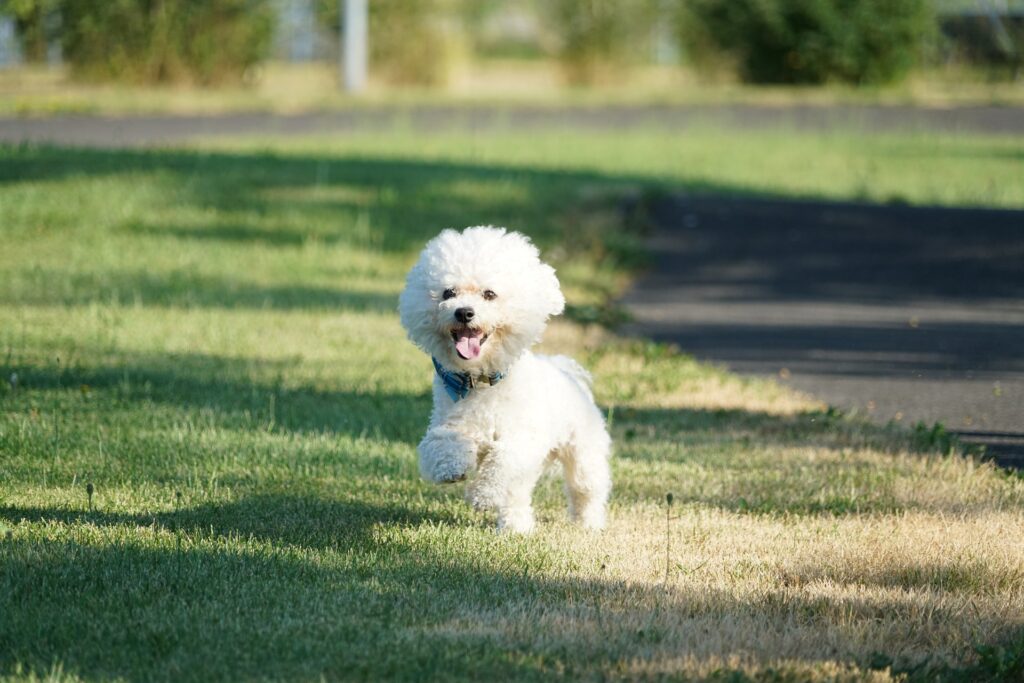
The Bichon Frise, Coton de Tulear and Poodle are all good choices if you suffer from allergies. They are also on the smaller side, so you will be able to care for them in a small apartment too, as they don’t require a yard.
Be mindful of the way the coats of these dogs need to be cared for. The Poodle for example requires plenty of brushing and regular trips to the groomer, so make sure you are ready to set aside the time.
Have You Owned a Dog Before?
Finally, you want to consider the amount of training and attention your new pet will need. Some breeds are notoriously hard to train and can be extremely stubborn. The Basset Hound, while great with kids, is also a very independent dog, and will require a lot of patience when training, for example.

Other breeds, like the Corgi, will require a lot of activity and work, if you don’t want them to start herding you. They are not at all difficult to train, and are considered one of the smartest breeds, but if left to their own devices, they will likely come up with an activity you are not a fan of.
If you have owned dogs before, and if you know how to teach a pup both the basic commands and some more complex tricks, you should essentially be fine with most breeds.

If this is your first time owning a dog, you may want to consider a breed like the Cavalier King Charles Spaniel, the English Springer Spaniel, or even the Labrador. Border Collies and German Shepherds can also be a great choice, especially if you are looking for a dog that will love to spend time outdoors and be active.
Wrapping It Up
Finding the right dog breed for your family and lifestyle will require a bit of research and time. However, you will be thankful you did it, once your new pet arrives home and slots right into your day-to-day life, just like you hoped they would.
Cover Photo by Helena Lopes from Pexels
* This blog is designed to be a community where pet owners can learn and share. The views expressed in each post are the opinion of the author and not necessarily endorsed by Pawjourr. Always consult your veterinarian for professional advice.
